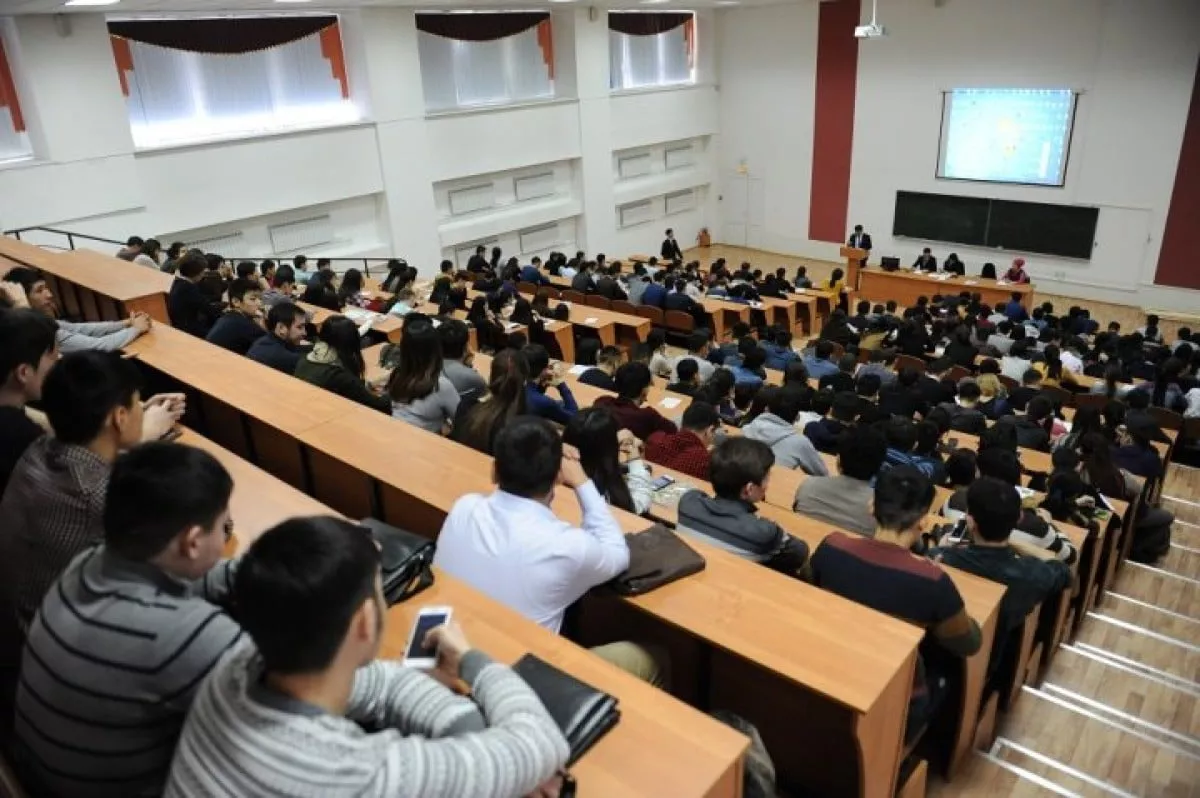Criminal cases are increasing among students

Statistics from the first six months of 2025 revealed a worrying trend among youth in Uzbekistan. This was reported by Upl.uz.
It was found that students of higher education institutions were involved in over three hundred criminal cases. Information provided by the press service of the Senate of the Oliy Majlis prompted a serious investigation at the parliamentary level.
At the Senate meeting, a decision was made to send a questionnaire to the Minister of Higher Education, Science, and Innovations, Kongratboy Sharipov. This decision was made following an analysis of criminal cases in the academic environment.
The analysis results indicated systemic shortcomings in organizing educational and upbringing processes. Senators expressed concern that higher education institutions do not pay enough attention to organizing students' leisure time meaningfully, conducting spiritual and educational activities, and cooperating with parents.
According to the presented data, from January to June of this year, students from 102 higher education institutions across the country committed 307 crimes. Although the geography of crimes covered the entire republic, the highest number of cases was recorded in the capital.
After Tashkent, the number of crimes is high in Tashkent region, Bukhara, Namangan, Andijan, Samarkand, Fergana, and Surkhandarya regions. The crimes include various types of traffic accidents, hooliganism, theft, fraud, and injuries of varying degrees.
The report paid special attention to certain universities. Students studying at these institutions were more involved in criminal activities.
This list includes Tashkent State Transport University, Uzbekistan National University, as well as Tashkent State Technical, Economics, and Information Technologies Universities. As parliament members emphasized, the majority of crimes were committed during class hours, that is, from 08:00 to 16:00.
This situation indicates insufficient attendance control and a formal approach to monitoring the educational process. Additionally, in many higher education institutions, the tutoring system does not meet established standards.
Student dormitories, especially the entry-exit procedures and supervision of residents during nighttime, were also noted as significant problems. Against this backdrop, senators also raised the issue of corruption within the higher education system.
The initiation of criminal cases against officials in the education sector has caused rightful public dissatisfaction and led to a sharp increase in complaints about injustice. At the end of the discussion, a parliamentary inquiry was sent, and appropriate measures were planned.
According to international criminological studies, the level of crime among students is often related more to how meaningfully their leisure time is organized and their engagement in university life than to their economic situation. Higher education institutions with well-developed student self-government, sports, and volunteer programs usually show lower crime rates.

